From Struggle
to Strength
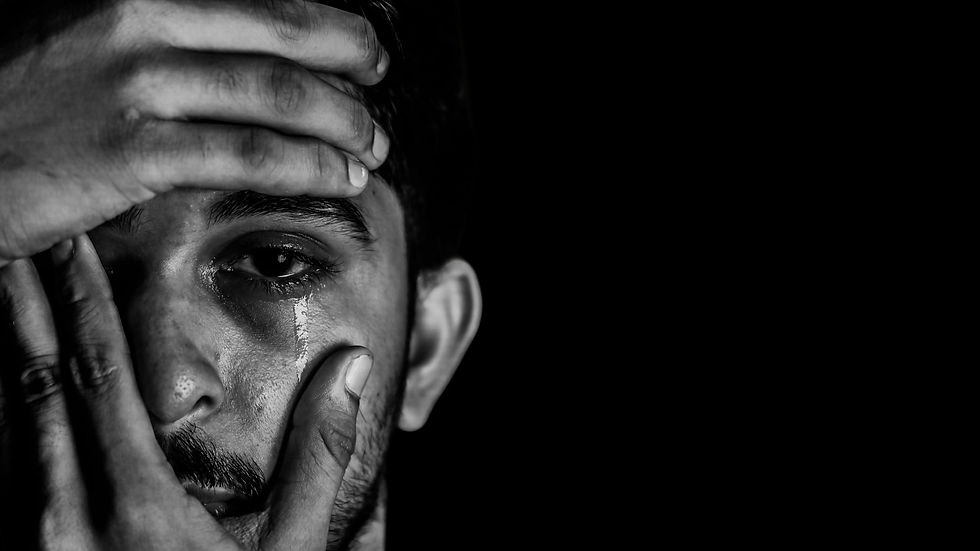.jpg)
“We started The Salik Project UK because we’ve lived the reality of supporting someone through addiction. Our goal is to remove the stigma, ease the financial and emotional burden on families and help restore hope where it’s needed most.”
Mustafa Hameed, founder
About Us
Who Was Abdul Hameed Salik?
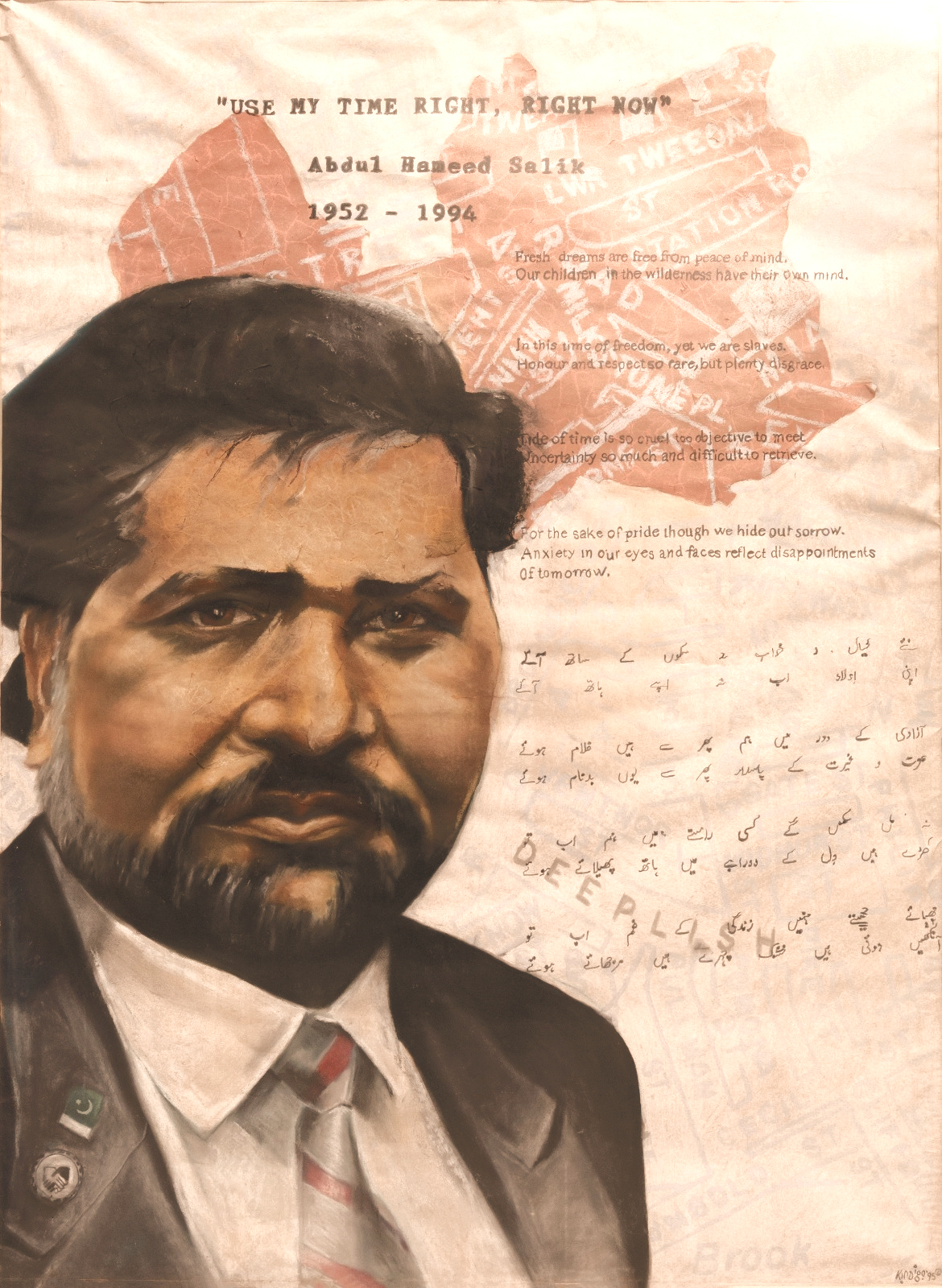
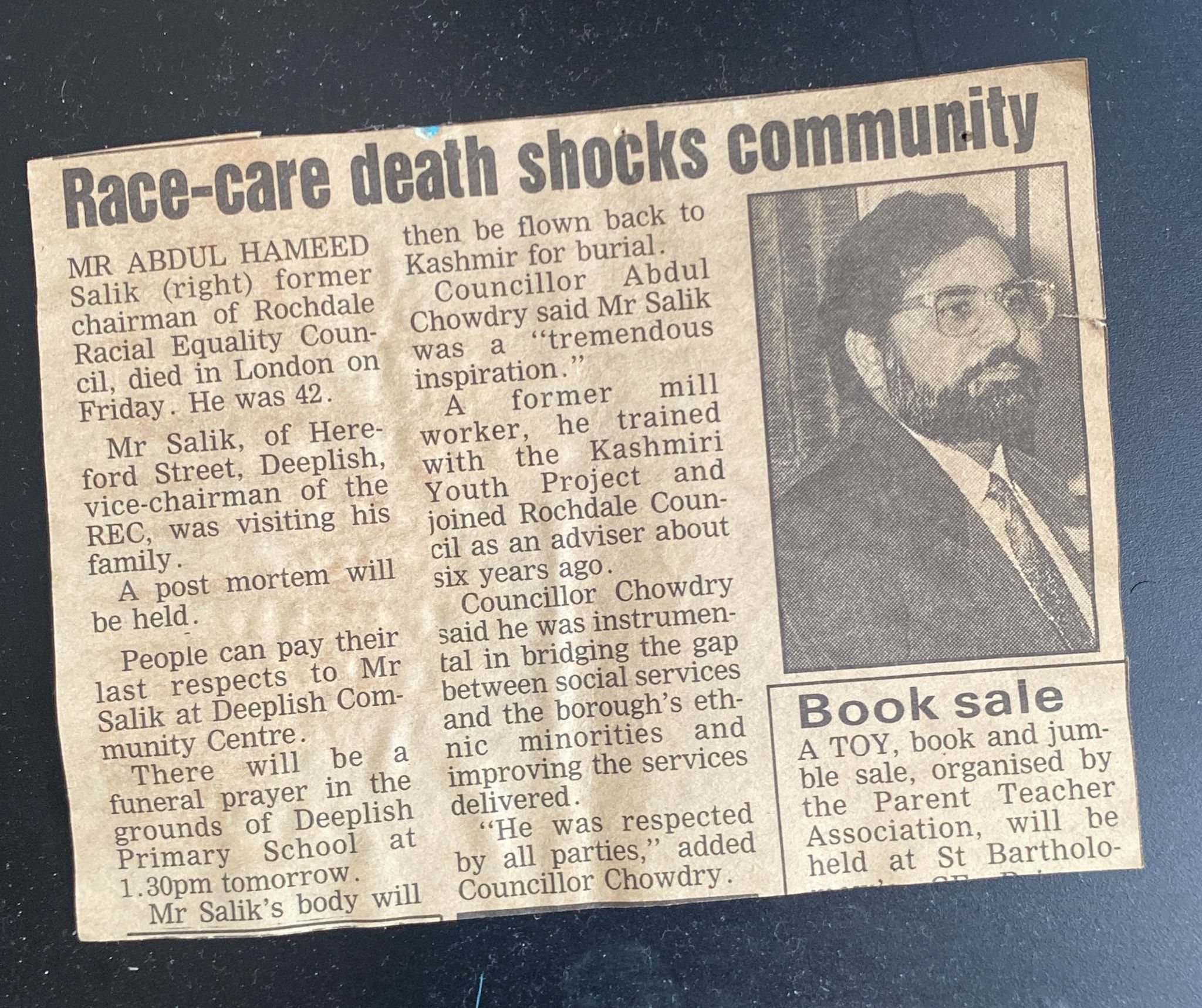
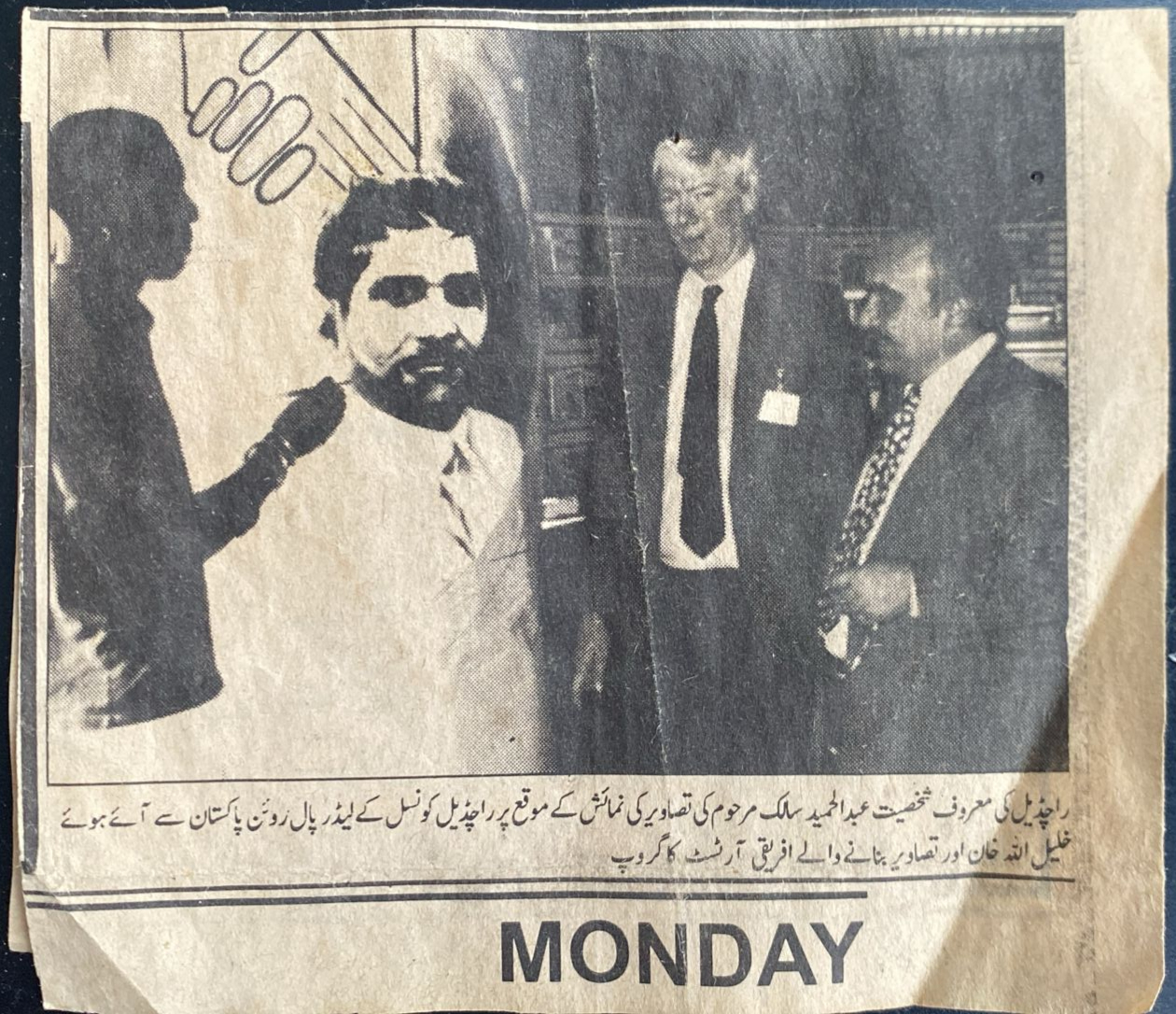
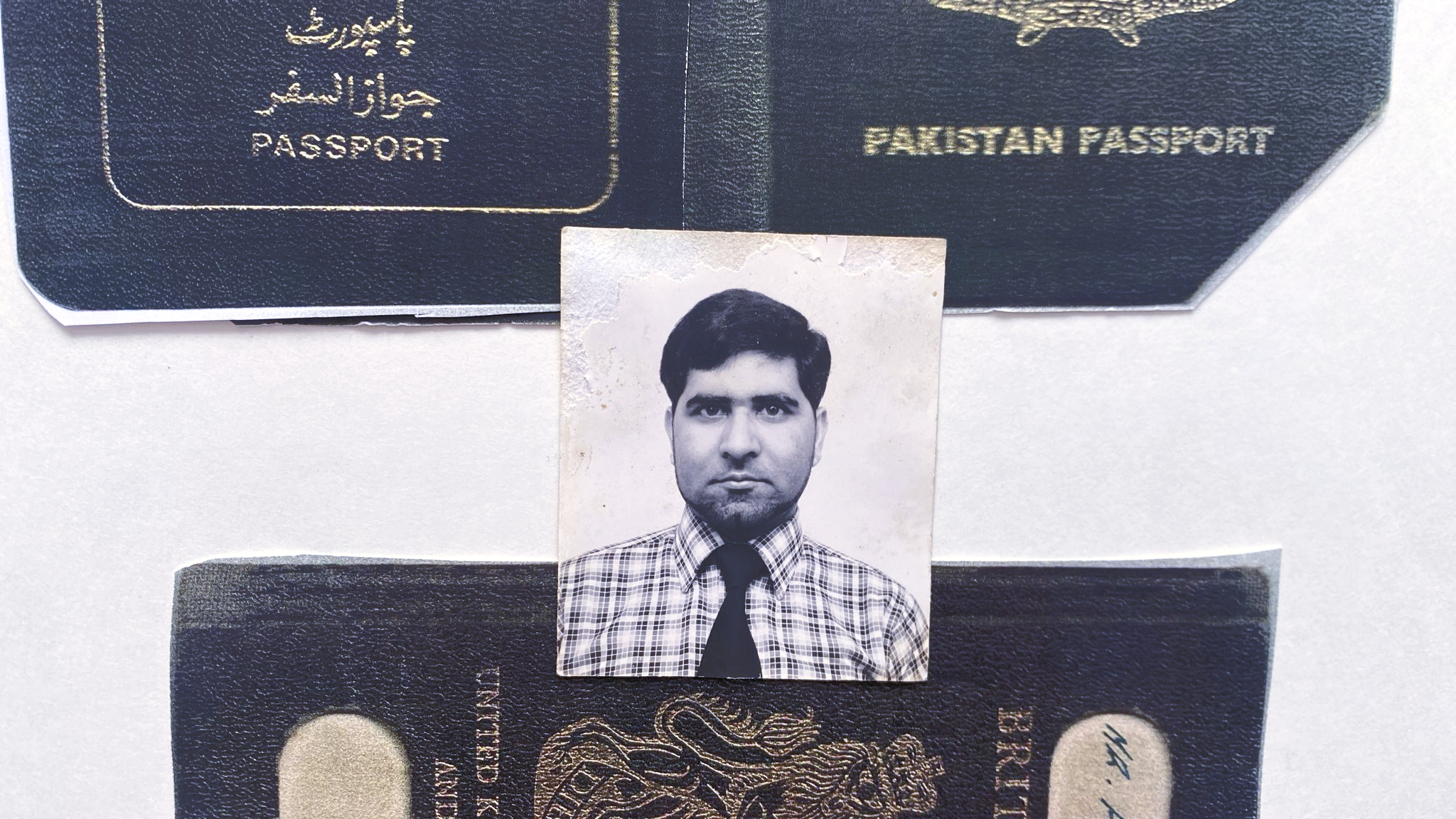
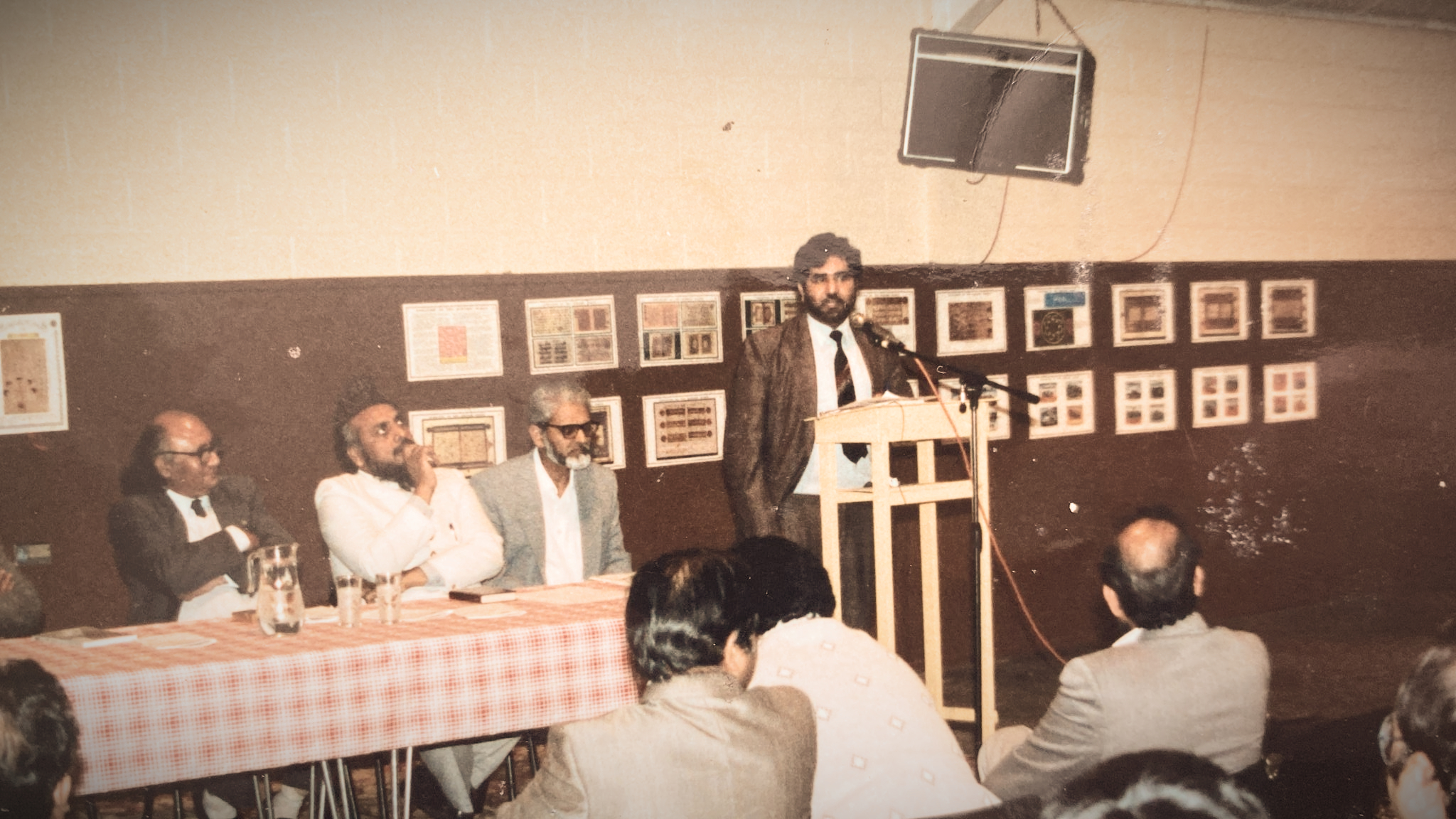
Abdul Hameed Salik (1952–1994) was a deeply respected community leader, educator, and social reformer whose life was devoted to the service of others. Arriving in Rochdale from Azad Kashmir in 1967, he helped shape the town’s social, educational, and interfaith landscape. From teaching and youth work to housing, health, and racial equality, his quiet leadership left a powerful and lasting legacy. Honoured with a portrait at Rochdale Town Hall and a street bearing his name, Mr Salik is remembered not only for his tireless work but for his humility, wisdom, and unwavering belief in unity and service.
Abdul Hameed Salik was a pioneering community leader, educator, and social reformer whose tireless dedication helped shape the civic, cultural, and social fabric of Rochdale over more than three decades. Born in Azad Kashmir, he migrated to the United Kingdom in 1967, part of the early wave of South Asian migrants who left behind familiar lives in search of opportunity, safety, and dignity. He arrived with little formal education and limited knowledge of English, and like many of his peers, began working in Rochdale’s thriving textile mills, including Arrow Mill in Castleton.
But Mr Salik was never content with survival alone. He understood that meaningful change—for himself and for others—required knowledge, communication, and collective progress. Almost immediately upon his arrival, he committed himself to learning English, developing his own education, and helping others do the same. In the evenings, after long shifts at the mill, he would teach Urdu and Islamic education at the Tweedale Street Teaching Centre. Later, as one of the founding members of the Neeli Mosque Islamic Centre, he moved his educational work there, where it continued to benefit generations of local children and young people. His commitment to education was unwavering: he believed it was the key to empowerment, dignity, and long-term change within the community.
Yet Mr Salik’s role was never limited to one classroom, one centre, or one cause. His home on Leicester Street became widely known as a place of refuge and help—a hub where people came for translation support, to fill out immigration or housing forms, or to seek advice on navigating unfamiliar institutions. He offered guidance not out of obligation or title, but from a deeply held belief in selfless service. This quiet, dependable generosity defined much of his life and became the foundation of the countless formal roles he would later take on.
Mr Salik held leading positions across many of Rochdale’s most influential community organisations. As General Secretary of the Pakistan Welfare Association, he provided vital support to South Asian families struggling with issues ranging from immigration and employment to social integration. He regularly visited ethnic minority prisoners and hospital patients to provide cultural and emotional support and to advocate for those whose voices were often unheard.
Throughout his life, he worked to promote interfaith understanding, racial harmony, and social justice. He was a founding member of Rochdale’s Interfaith Action Group and participated in numerous projects that brought together communities across religious and cultural divides. He believed strongly that a thriving society depended on its ability to embrace diversity, listen to one another, and act with compassion. His involvement in interfaith and interracial work continued right up until his sudden and unexpected passing.
Mr Salik also championed youth development and was ahead of his time in recognising the need for safe spaces where young people could discuss identity, challenges, and faith. He established the Islamic Youth Circle, a forum for Muslim youth in Rochdale to share experiences and find support. Many of the youth activities and clubs operating today in the town can trace their origins back to this initiative.
His service extended into urban regeneration and community infrastructure. In 1986, he joined the Deeplish Residents Association, eventually serving as Chairman for six years. During this time, he led efforts to reclaim derelict spaces and develop children’s play areas. In partnership with the local authority and health service, he helped to establish a new community centre and clinic—a pioneering model combining health and social care, which remains operational and serves thousands in the area today.
His leadership was equally impactful in the area of enterprise and skills. As Workshop Manager and Vice Chair of the Kashmir Youth Project (KYP), Mr Salik was instrumental in promoting training and employment opportunities for ethnic minority communities. He was a key figure in planning and delivering the high-profile 1989 visit of HRH Prince Charles to the KYP, accompanying the Prince and showcasing the strength and innovation of the organisation’s work.
Education, health, and equal opportunities were central themes throughout his life. He served as a school governor for Deeplish Primary, Balderstone High, and Springhill High. From 1982 to 1989, he acted as a co-opted member of Rochdale’s Local Education Authority, helping secure the introduction of halal food in schools and hospitals, advocating for mother-tongue instruction, and tackling racial harassment. He also advised on cultural issues affecting family life and was a trusted voice on matters of safeguarding and child welfare. He was an active member of the Child Protection Committee and contributed to planning the implementation of the Children’s Act.
At the time of his death, he was serving as a Race Advisor for Rochdale Social Services and remained involved in a number of vital working groups, including those focusing on housing, equal opportunities, and health equity. He chaired the Asian Special Housing Initiative Agency, which flourished under his leadership and became one of the North West’s most respected BME housing associations. His work also included serving on the Community Charge Appeal Tribunal, West Pennine Housing Association, Rochdale Health Trust’s Ethnic Minority Working Party, the Rochdale Community Project, and as a Director of M6 Theatre Company, where he promoted ethnic representation in the arts.
In the final years of his life, Mr Salik chaired the Rochdale Racial Equality Council, where he led efforts to challenge systemic inequalities in policing, education, housing, and employment. His voice was one of fairness and vision, always grounded in the belief that dignity and opportunity should be available to all, regardless of background.
In recognition of his extraordinary contributions, a portrait of Abdul Hameed Salik was commissioned after his death and now hangs with honour at Rochdale Town Hall. His name lives on not only in the many organisations and initiatives he helped to build, but also in the very landscape of the town: a street was named after him, cementing his legacy in the daily life of the community he served so faithfully.
Following his passing, Councillor Abdul Chowdhry described him as “a tremendous inspiration”, capturing what so many others felt—that Mr Salik was a rare and remarkable figure, whose quiet wisdom, tireless dedication, and compassion touched countless lives.
Alongside all his public work, Mr Salik was also a man of letters. He was widely read, loved Urdu literature, and wrote poetry. His intellectual curiosity and cultural depth infused his activism with humility and depth. His sudden death left a void that may never be filled, but the example he set continues to inspire all those who walk in his footsteps.
Abdul Hameed Salik’s story is not only one of service and sacrifice—it is a reminder of what one life, lived with purpose and care, can do to transform a community. His legacy endures in Rochdale’s institutions, in its streets, and in the hearts of the people who knew him. May his memory be a continual source of guidance, strength, and unity.
What We Do
Salik Project UK is a Community Interest Company providing culturally informed drug and alcohol awareness, education, and early-stage support for South Asian communities in the North of England. We do not provide therapy or clinical treatment; instead, we act as a trusted bridge between individuals/families and mainstream recovery services, improving access, understanding, and engagement in the treatment system. Our work focuses on reducing stigma, building trust, and ensuring people receive the right help at the right time.

The Salik
Salik refers to someone who commits to a path of change and discipline — a path that requires honesty, effort, and responsibility, not perfection.
Recovery is that kind of path. It isn’t about waiting for the right moment or having everything in place. It begins with the first step, taken in the middle of uncertainty, with the knowledge that the right time is now.
The Salik Project UK supports individuals in recovery and families affected by addiction through education, stigma reduction, and culturally aware routes into support. We work with communities where silence, judgement, and cultural pressure delay help and deepen harm.
Our name also honours our late father and sister. It is not a story we trade in, but a responsibility we carry — to ensure fewer people are left navigating recovery alone.

Our Story
Through our personal journey of supporting loved ones battling addiction while managing our own responsibilities, we came to understand that recovery requires more than professional care—it needs the dedicated support of families and communities who in turn need support.
We recognized two significant challenges that too get overlooked: the first is the challenge of educating South Asian communities about the realities of addiction in the community. Our experience has shown that shame, cultural stigma and familial reputation prevent many from accessing vital support services. Far too often addiction is seen as a moral failure rather than an illness in need of treatment. The second issue is the constant financial strain and emotional stress that builds up. This pressure affects not only the individual in recovery and their children but also the extended family members who provide ongoing care and support. These carers often receive little recognition or appreciation, despite putting their own lives on hold to help their loved ones through recovery and our communities are filled with them.
Motivated by these realities, the family founded The Salik Project to provide education to the South Asian communities in Greater Manchester about addiction, recovery and signposting to vital support services in the area. Our goal is to act as the cultural bridge between existing services and the individuals in need of help and support. We also aim to provide targeted financial grants aimed at easing the hardships faced not only by those in recovery, but also by the loved ones who stand steadfastly beside them.
Our Mission
At The Salik Project UK, our mission is to support individuals in recovery from addiction and the families and friends who walk that difficult journey alongside them. We understand that recovery is not a solitary process—it demands emotional resilience, time, and often significant financial sacrifice from loved ones.
We aim to ease this burden by offering targeted financial assistance that addresses immediate, practical needs. Whether it's help with rent arrears, household essentials, transport to recovery programmes, or school equipment for children affected by addiction at home—we step in where others often cannot.
Our work is grounded in lived experience and a deep understanding of how addiction impacts entire family systems. We believe in restoring dignity, stability, and hope to those in recovery and recognising the vital, too-often overlooked role of carers, supporters, and family members.
By supporting both individuals and the networks around them, we help build stronger foundations for lasting recovery and long-term wellbeing.
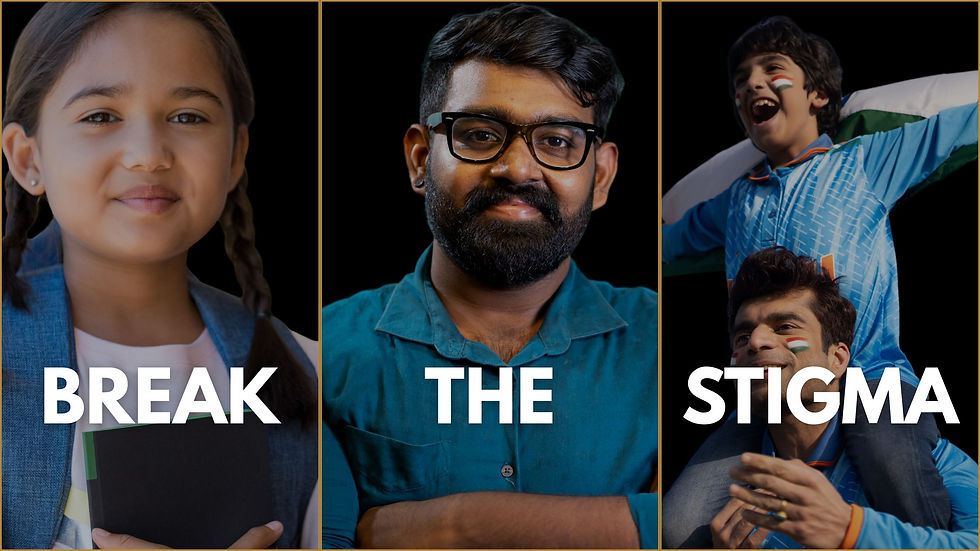.jpg)
Success Stories
Behind every individual we support is a story of hope, resilience, and recovery. At the Salik Project UK, we believe that real change is best understood through the lives it touches.
These stories reflect the true impact of what we do—from helping someone attend regular recovery meetings by covering transport costs, to providing essential household items for a struggling single parent. Each case is unique, but they all highlight the difference a bit of targeted support can make at the right time.
We share these stories with permission and sensitivity, to inspire compassion and to show our funders, partners, and supporters exactly how their help is changing lives. We will be sharing this soon.
.jpg)